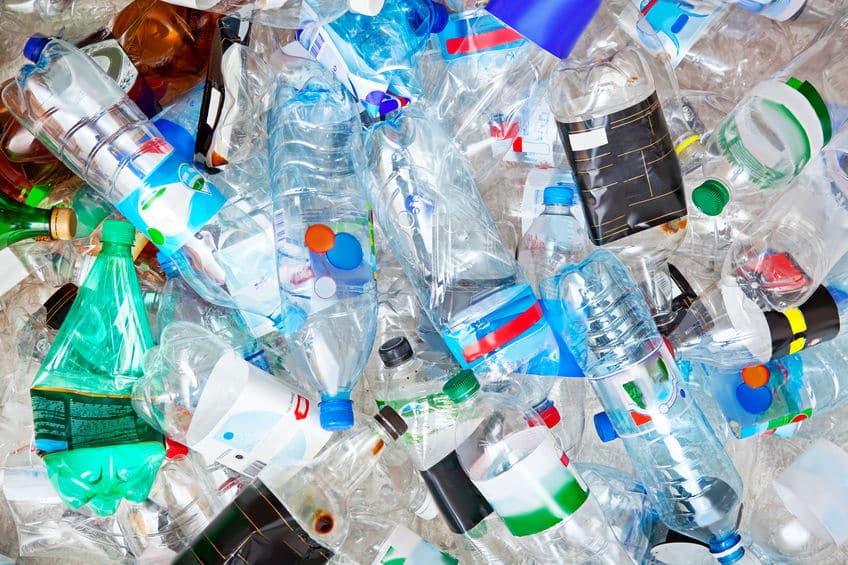By John Salak –
Normally, an enzyme or associated “cocktail” that eats through anything doesn’t sound that great. But how about an enzyme cocktail that can eat through the piles of plastics that are filling up landfills and spreading across oceans? Okay, that sounds a bit more reassuring.
Scientists out of the University of Portsmouth in Britain, along with colleagues in the US, have provided this calm by re-engineering the first plastic-eating enzyme (PATase) into an enzyme cocktail that can digest plastic up to six times faster than its basic forerunner.
The development promises to help to address various environmental issues by opening the door to recycling plastic infinitely, while also reducing plastic pollution and the related greenhouse gases that are driving climate change.
Plastic-related pollution and its consequences are no small matter, as renowned environmental warrior Hannah Testa recently told WellWell.
“There’s already so much plastic in our oceans and it’s just another form of an oil spill. Unfortunately, we aren’t reacting to it like an oil spill. These plastic pieces are easily ingestible for animals. Plastics also entangle animals, harming many marine species and sea birds,” she explained. “The problems don’t stop there. Plastics also pose a threat to our own health as it intrudes into our drinking supply and seafoods. Worldwide, humans now eat around 5 grams of plastic a week, which is scary. That’s basically a credit card.”
The research scientists involved with plastic-munching cocktail apparently agree with Ms. Testa and through their work now have enzyme products now on hand that can reduce common plastic (polyethylene terephthalate—PET) back to is build blocks in days rather than the hundreds of years it would take if nature were left to its own devices.
“It took a great deal of work on both sides of the Atlantic, but it was worth the effort — we were delighted to see that our new chimeric enzyme is up to three times faster than the naturally evolved separate enzymes, opening new avenues for further improvements,” explained Professor John McGeehan, Director of the Centre for Enzyme Innovation at Portsmouth.
In terms of recycling, these developments allow plastics to be made and reused endlessly, reducing reliance on fossil fuels such as oil and gas, McGeehan added.
Transatlantic cooperation was critical to the progress made, as one of the project’s junior associates noted. “It’s a really great opportunity to learn and grow as part of this UK-USA collaboration and even more so to contribute another piece of the story on using enzymes to tackle some of our most polluting plastics,” explained Rosie Graham, a joint Portsmouth CEI-NREL PhD student.











